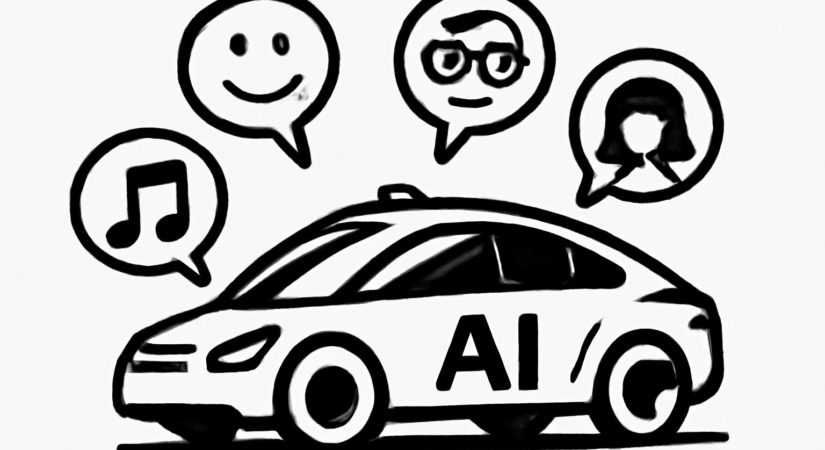Tesla’s latest firmware update, version 2025.20, unveils new details about Grok, its AI assistant developed alongside xAI. Research by Tesla hacker @greentheonly reveals the introduction of multiple Grok personalities, including a new Language Tutor designed to help users learn languages.
The update also adds icons for these AI personas, indicating Tesla is nearing Grok’s official launch. While Tesla may initially enable the feature for select testers, Grok is expected to become one of the most significant software updates for their vehicles.
Grok currently requires AMD-based vehicle software, suggesting that older, Intel-based Tesla models may not support it initially. This is similar to Tesla’s past rollout of voice assistants in China. Subscription requirements for Grok remain unclear.
Additionally, update 2025.20.3 introduces an energy-saving navigation feature that uses Tesla’s data to advise drivers on optimal speeds to conserve battery power. For example, the system might suggest slowing down slightly to increase range by a certain percentage. This tool could support future autonomous route planning for Tesla’s Robotaxi and Unsupervised Full Self-Driving (FSD) services.
Separately, the National Highway Traffic Safety Administration (NHTSA) announced changes to accelerate approvals for vehicles without human controls. Previously, obtaining exemptions for such vehicles could take years. The agency now aims to reduce this to months, facilitating faster deployment of purpose-built autonomous vehicles like Tesla’s Cybercab Robotaxi.
This streamlined regulatory process provides Tesla greater certainty in manufacturing and deploying the Cybercab, which is expected to enter production by late 2026. The NHTSA will release detailed guidelines soon.
In Texas, Tesla has registered its Robotaxi fleet on the Department of Transportation’s Automated Vehicle Deployment website, marking the first publicly trackable Tesla ride-share vehicle without a safety driver. Currently, one Model Y operates in the Austin Metro area under testing status.
This official registration signifies a major milestone by shifting liability to Tesla for an unsupervised FSD vehicle on public roads. The testing phase enables Tesla to collect data in controlled conditions, avoiding complex driving scenarios as the system’s safety is validated.
While Tesla’s Robotaxi service is not yet publicly available, this step reflects regulatory progress and growing confidence in Tesla’s autonomous technology. The tracked fleet is expected to expand as Tesla continues its rollout.
